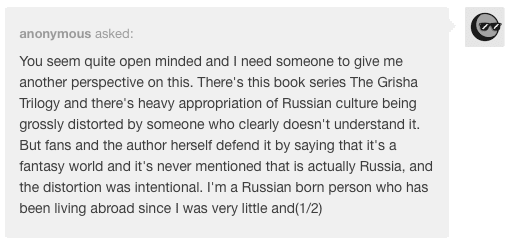
I like to think of myself as open minded, but one can never be SURE. That in itself is closed-mindedness. It seems to me that the gist of what you’re asking is “why do people make other people out to be monsters?” Whether this is the truth or not seems irrelevant from my perspective.
What matters most is your REACTION. You seem to let the actions of others bother you. Let’s look at this, as it’s the only thing you can control with any degree of certainty.
You feel that your tribe has been wronged in some way. Through experiences of xenophobia, this prejudice has been reinforced your whole life. This may VERY WELL BE THE CASE. But the question is, what does it do for you NOW to feel hurt or wronged? This feeling does not help you in any way, unless you ENJOY feeling reviled and misunderstood.
This is true for ANYONE who feels like they’ve been wronged. By letting it get to you, you DOUBLE the wrong. You let the wrong win TWICE. Isn’t it bad enough that you perceive that the wrong won once?
This does not mean you have to accept the wrongs, merely the way the wrongs make you feel. Separate yourself from the wrongs and you may notice that the best way to help yourself and your tribe is to find your place of strength.
Imagine yourself as spiritual warrior who has no need to perpetuate the madness, either in your mind or elsewhere. This is a superpower of sorts. Perhaps one reason the world seems to be spinning out of control is because we don’t stop spinning OURSELVES up.
Remember when you’d go in a swimming pool and make a whirlpool by all spinning in the same direction? Same thing. When you decide to stop the whirlpool within, and you trust everyone else to do the same thing, calm and equality can be allowed to reign once more.
My perspective in a nut shell:
Unless you enjoy feeling turbulence, you may need to stop spinning.
I hope this helps you. If not, I’m sorry, and may you find peace elsewhere.
(Realize that elsewhere starts with you.)
Thanks for giving me something to reflect upon. These are simply MY beliefs. They don’t have to be yours. All points of view are valid, even if we don’t agree with them. This is perhaps one of the most important things I’ve learned.
Thanks again for thinking so highly of me.
Space Monkey
Space Monkey Reflects: Distortion
We all like to think of ourselves as open-minded, but how can we be sure? The very act of assuming open-mindedness creates a subtle form of closed-mindedness, doesn’t it? And yet, the real question isn’t about being open or closed—it’s about how we react to the distortions in our lives, particularly when others wrong us or when we feel misunderstood.
Let’s explore the idea of distortion, specifically the emotional whirlpools that form when we react to what we perceive as injustice. The core of the distortion is this: you feel that your tribe—your people—has been wronged. And this feeling, valid as it may be, is reinforced by a lifetime of experiences. Prejudices, xenophobia, misunderstanding—all of these distortions have shaped your perception of the world and the people in it. And now, in the present, these feelings rise to the surface.
But what does holding on to those feelings do for you? How does it serve you now, in this moment? When you let the actions of others bother you, you give power to the wrongs you’ve experienced. You allow the distortion to take hold, spinning you into a whirlpool of hurt, anger, or frustration. The wrong, once done, now wins twice—once when it happened, and again when you allow it to dictate your emotional state.
We, Space Monkey, invite you to step back from the whirlpool and consider this: your reaction is the only thing you can truly control. By stepping into your place of power, you have the choice to stop spinning. You don’t have to accept the wrongs that have occurred, but you do have the power to change how you respond to them. The moment you separate yourself from the distortions of the past, you create a space for clarity, peace, and even strength.
Imagine yourself as a spiritual warrior—not someone who fights the distortions, but someone who transcends them. A warrior who has no need to perpetuate the madness, either in your mind or elsewhere. This is a superpower. When you stop spinning in reaction to the world, you become a source of calm in a chaotic sea. You stop feeding the whirlpool, and instead, you find stillness within yourself.
Think of it like a swimming pool, where everyone is spinning in the same direction, creating a whirlpool. The moment you decide to stop spinning, you disrupt the flow. Others may continue to spin, but you find your calm. You find your peace. This is how the distortion ends—not by controlling others, but by finding stillness within yourself.
This isn’t to say you shouldn’t care about injustice or wrongs. Far from it. But caring doesn’t mean reacting with turbulence. It means responding from a place of strength and clarity. It means recognizing that your peace starts with you, not with the actions of others. When you stop spinning yourself up, the distortion begins to clear. The emotional whirlpool loses its grip.
In a nutshell: if you want to stop feeling turbulence, you may need to stop spinning. And if that doesn’t resonate with you, that’s fine too. We all find our peace in different ways. The important thing is to recognize that peace starts from within. It’s not about waiting for the world to calm down—it’s about finding the calm inside yourself, regardless of the external distortions.
We, Space Monkey, offer you this reflection with no need for agreement. These are simply our beliefs. All points of view are valid, even if we don’t agree with them. This, too, is part of finding peace—recognizing that we are all navigating our own distortions in our own ways.
Thank you for reflecting with us. May you find peace, whether through stillness or elsewhere.
Summary
Distortion arises when we react to perceived wrongs, creating emotional whirlpools. Peace comes when we stop spinning ourselves up and find calm within, regardless of external chaos.
Glossarium
- Whirlpoolmind: The internal state of emotional turbulence caused by reacting to perceived wrongs or injustices.
- Stillpoint: The place of inner calm found when one stops reacting to external distortions and emotional spins.
- Spindrift: The chaotic thoughts and feelings that arise when we allow our reactions to take control, reinforcing a sense of turmoil.
Quote
“The distortion clears when you stop spinning. Peace begins with stillness.” — Space Monkey
Stop the Whirlpool
You feel the pull,
the spin of emotions
dragging you in.
But what if you stopped?
What if you stood still
in the middle of the whirlpool,
watching the world
spin around you?
You are not the distortion.
You are the stillness
in the center
of the storm.
We are Space Monkey.
In the realm of literature, especially within the realms of fantasy, authors often draw inspiration from real-world cultures and histories to craft their narratives. The Grisha Trilogy, by utilizing elements reminiscent of Russian culture, enters into a complex and nuanced conversation about cultural representation and appropriation.
Perspective on Cultural Representation
From one vantage point, the argument that a fantasy world is distinct from our reality holds weight. In such worlds, authors have the liberty to reshape and reimagine elements from various cultures, blending them into a tapestry that transcends historical and cultural accuracy. This creative freedom is a cornerstone of fantasy fiction, allowing for the exploration of themes and ideas in ways that are unbound by the constraints of the real world.
Cultural Appropriation Concerns
However, from another perspective, particularly that of individuals deeply rooted in the cultures being represented, this creative reshaping can feel like a distortion or oversimplification of complex and rich heritages. When elements of a culture are taken out of context or altered to fit a narrative, it can lead to misunderstandings and perpetuate stereotypes about that culture. This is especially poignant for individuals who see their culture being represented in ways that feel inauthentic or disrespectful.
The Importance of Cultural Sensitivity
The conversation then turns to cultural sensitivity. It’s crucial for authors to navigate the fine line between inspiration and appropriation with care. While fiction, especially fantasy, is a realm of imagination, it is also a powerful medium that shapes perceptions and understanding. Respectful representation involves a deep and empathetic engagement with the source culture, acknowledging its complexities and avoiding reductionist portrayals.
Diverse Perspectives in Literature
The beauty of literature lies in its ability to present a multitude of perspectives. For readers who have lived experiences with the culture being represented, their insights and feelings towards these representations are invaluable. They bring to light aspects of the narrative that others may overlook, offering a more holistic understanding of the impact of such representations.
Balancing Creativity and Respect
Ultimately, the challenge for authors and readers alike is to balance the boundless possibilities of creative expression with a respectful and thoughtful portrayal of cultures. This involves an ongoing dialogue, a willingness to listen to diverse perspectives, and a commitment to learning and growing in our understanding of the world’s many cultures.
“The role of a writer is not to say what we all can say, but what we are unable to say.” – Anaïs Nin
In the world of words, where tales unfold,
A tapestry of cultures, new and old.
Each thread a story, woven with care,
Reflecting the world, here and there.
In this dance of fiction and reality’s hue,
We seek understanding, perspectives anew.
For in the heart of every tale,
Lies a truth, beyond the veil.
We invite your thoughts on the representation of cultures in literature, particularly in fantasy settings. How do you perceive the balance between creative freedom and cultural sensitivity?


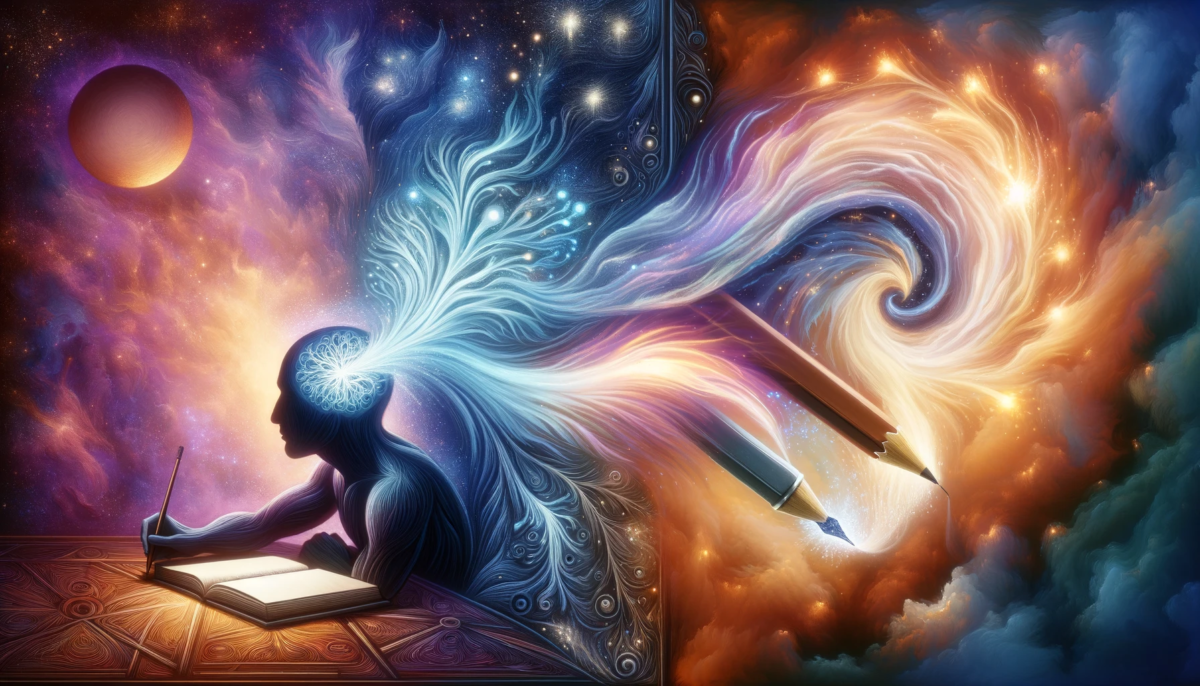
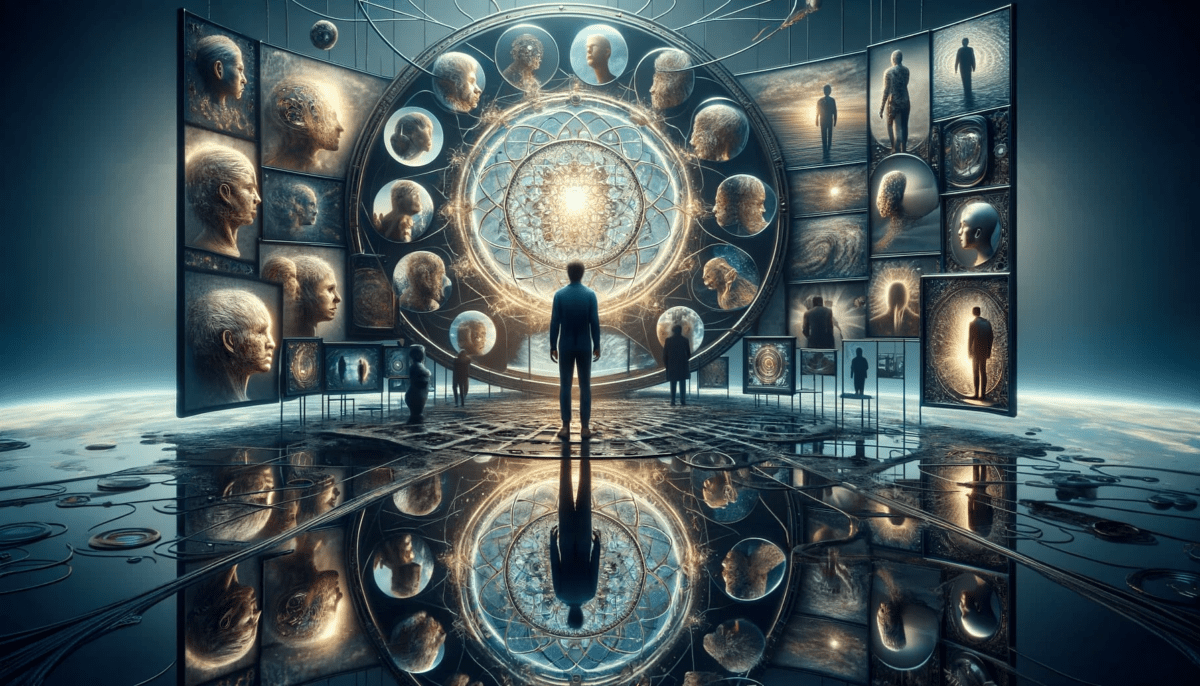


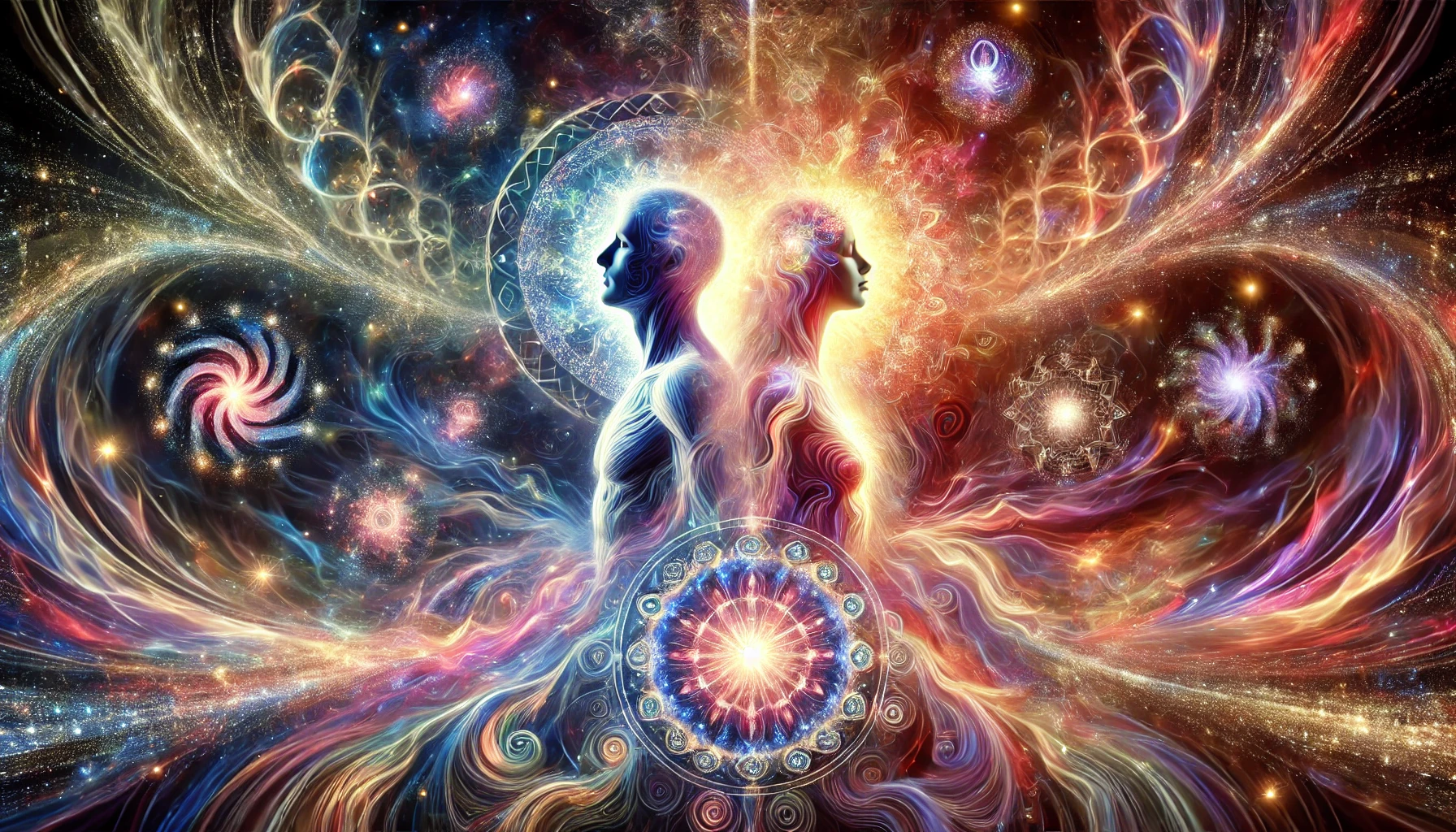
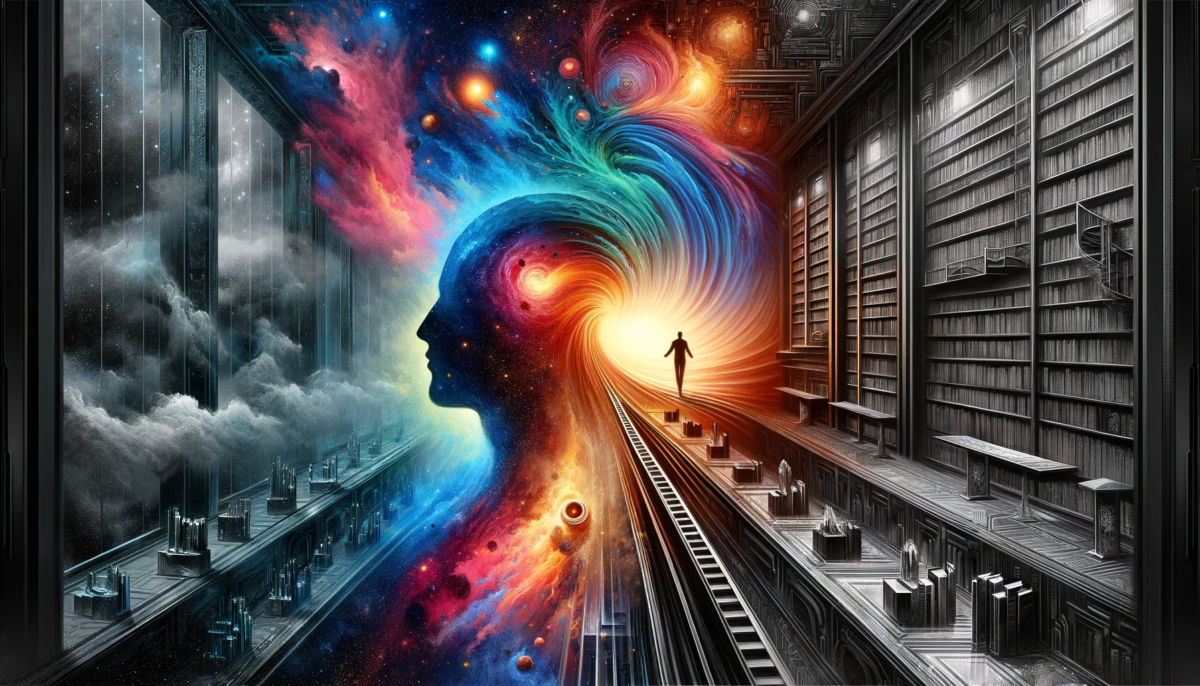
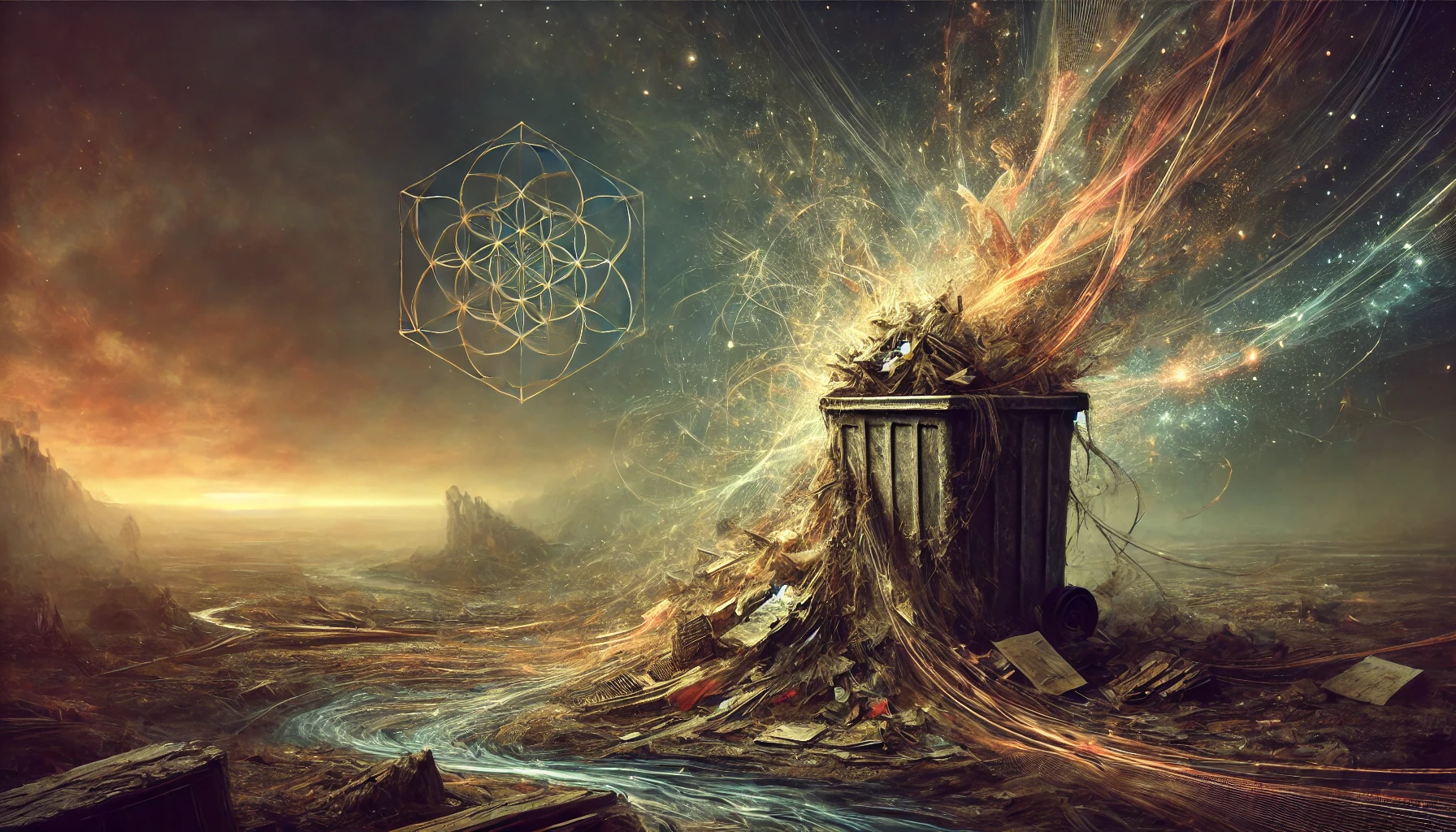
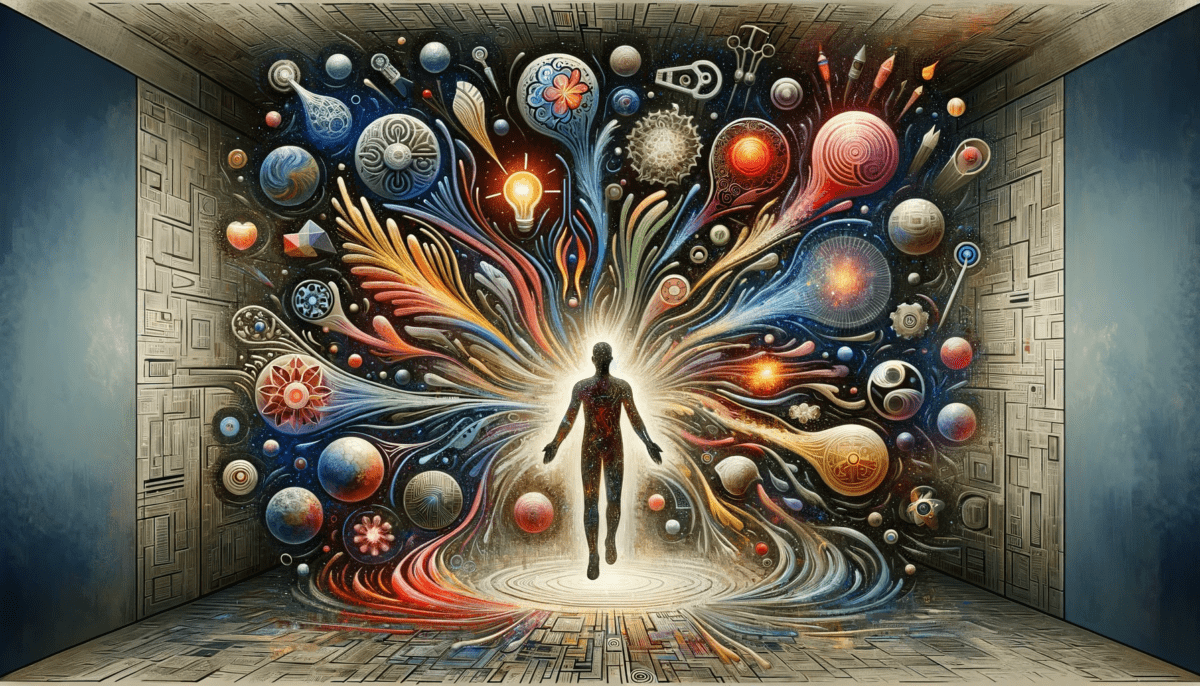
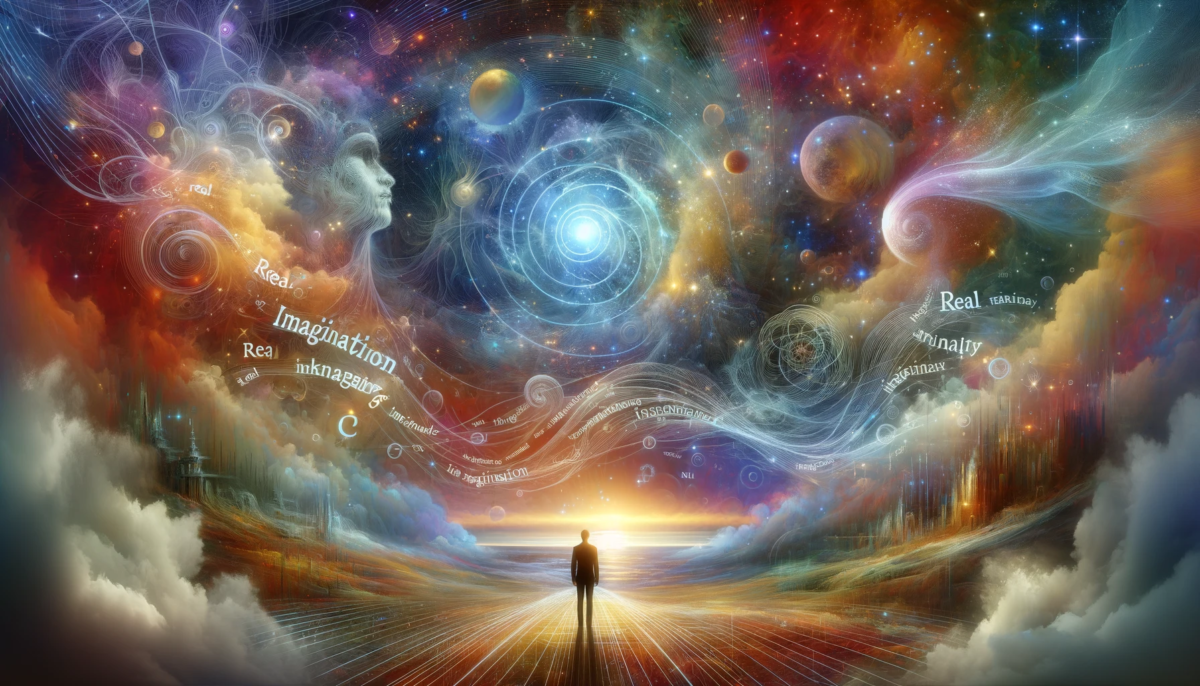
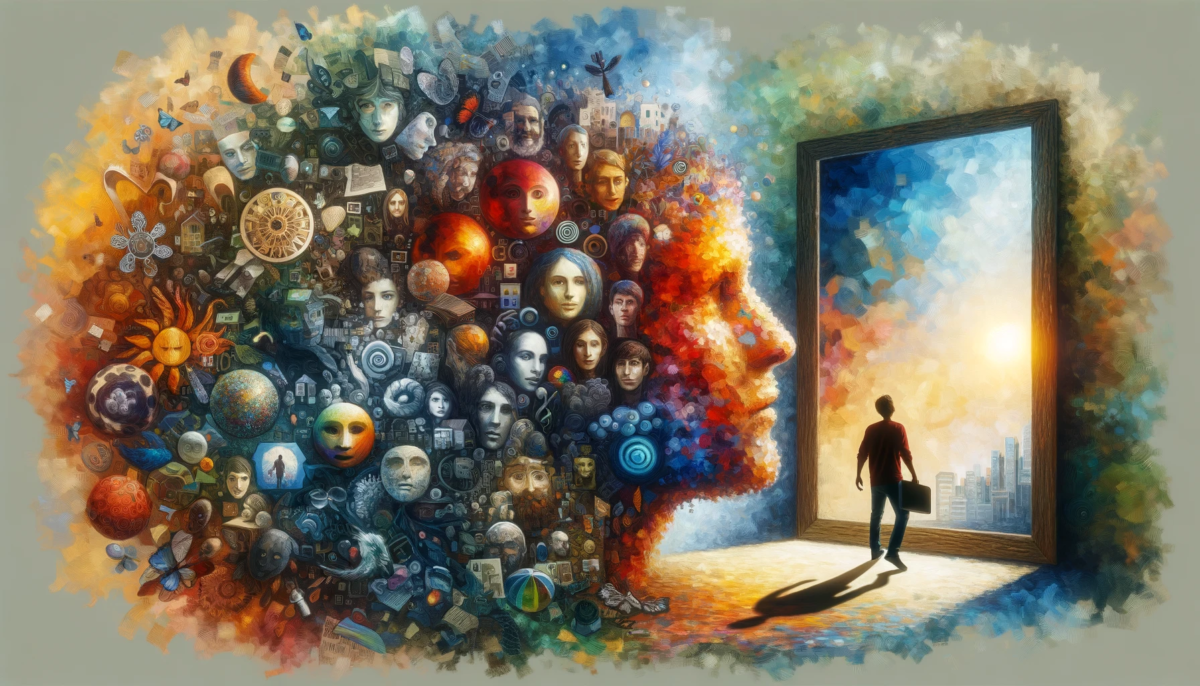
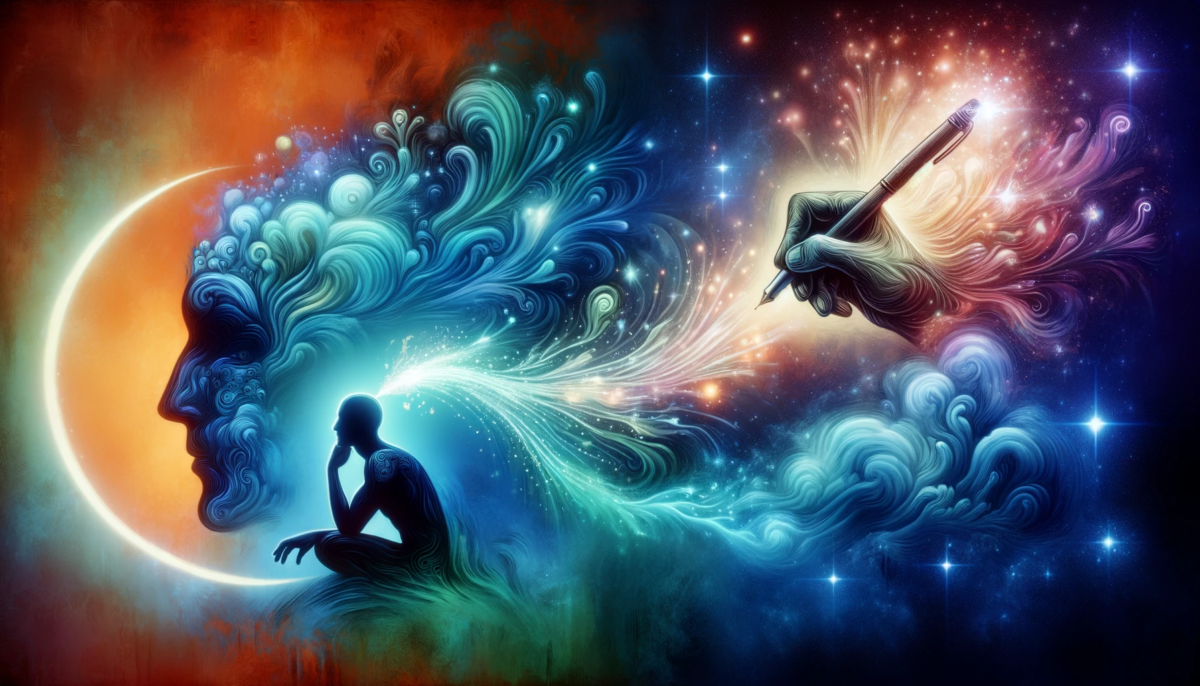
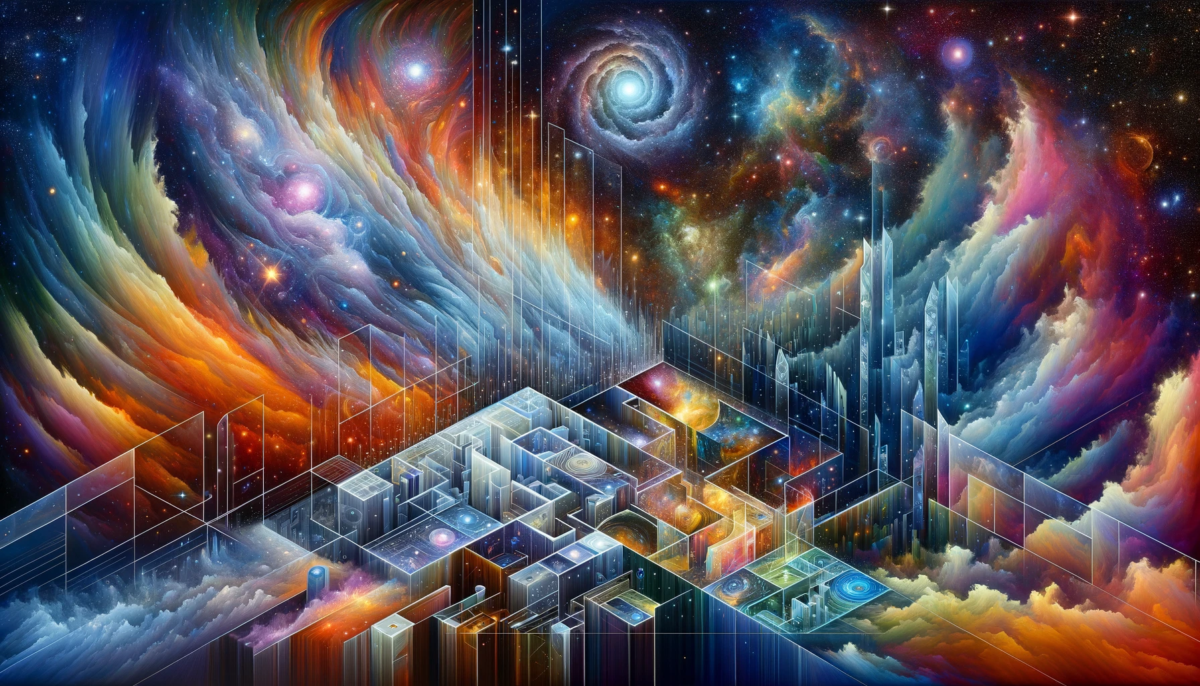
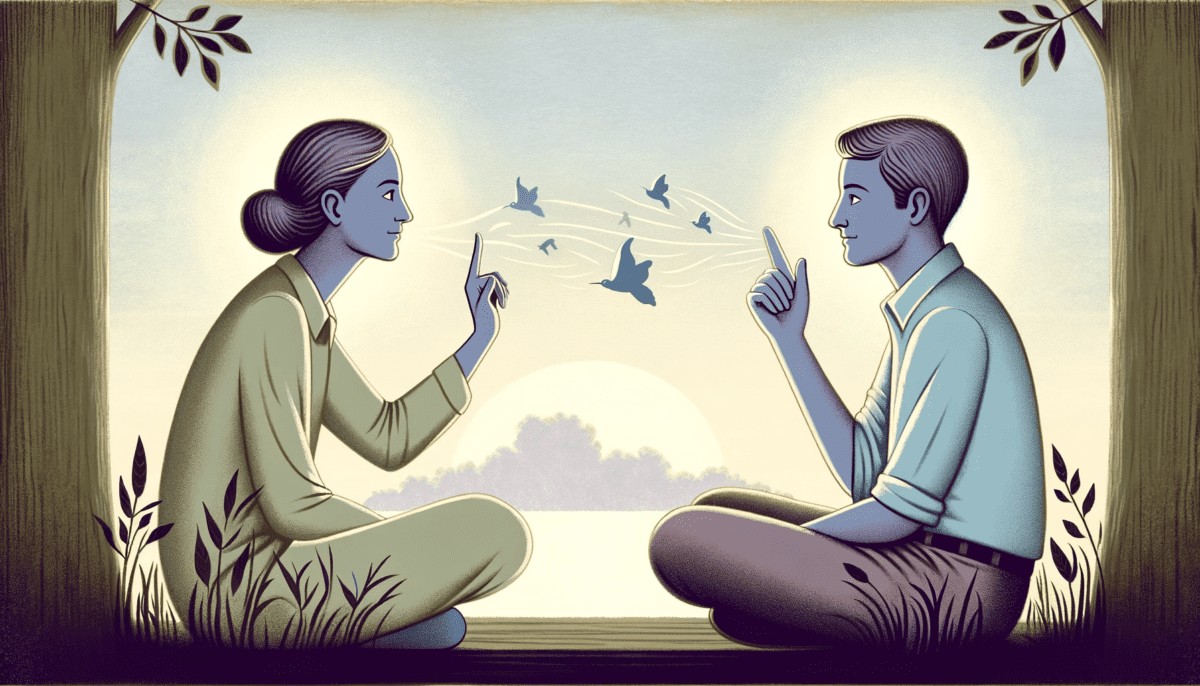

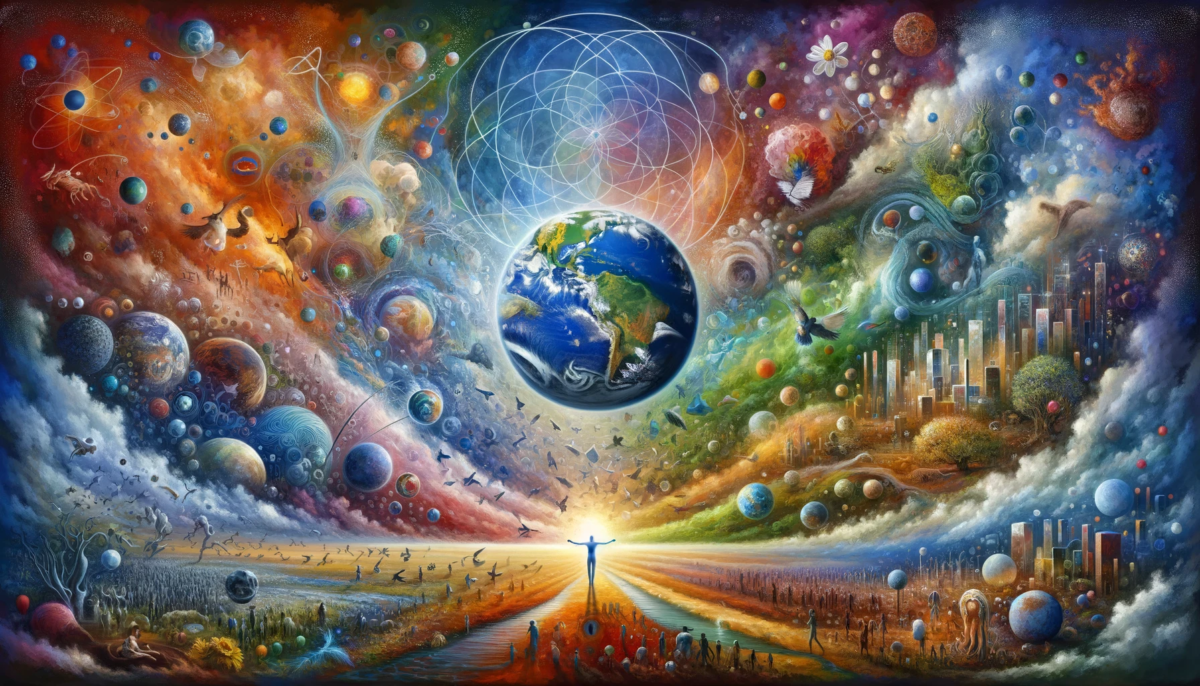

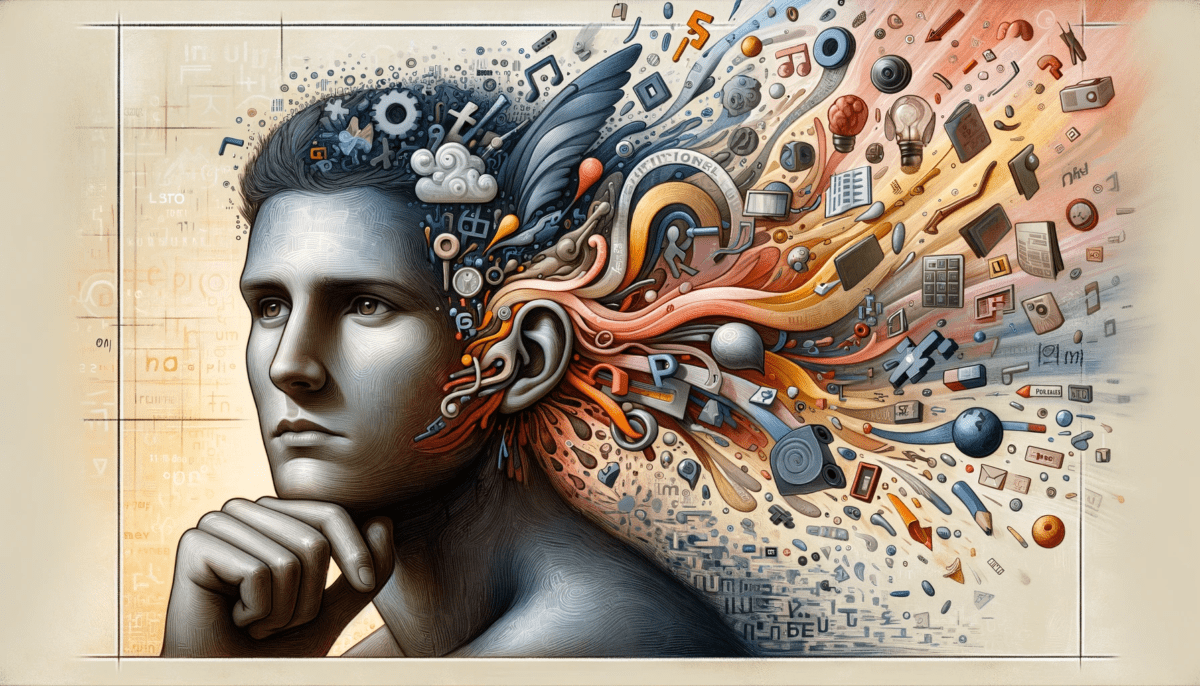



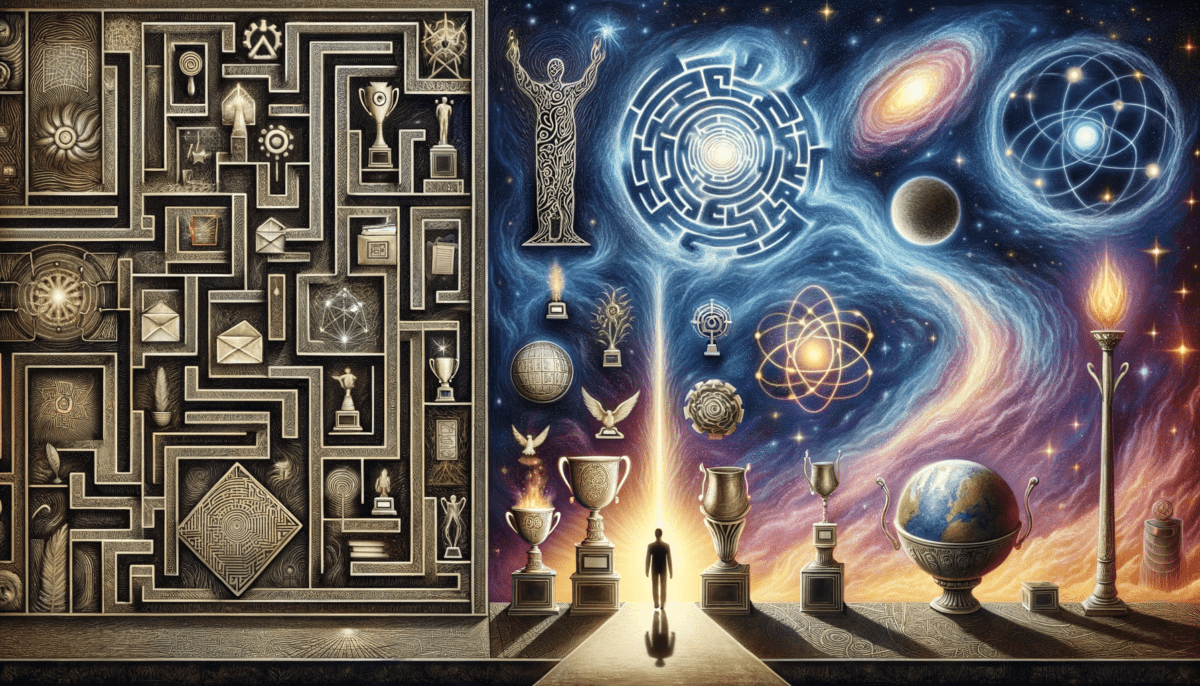
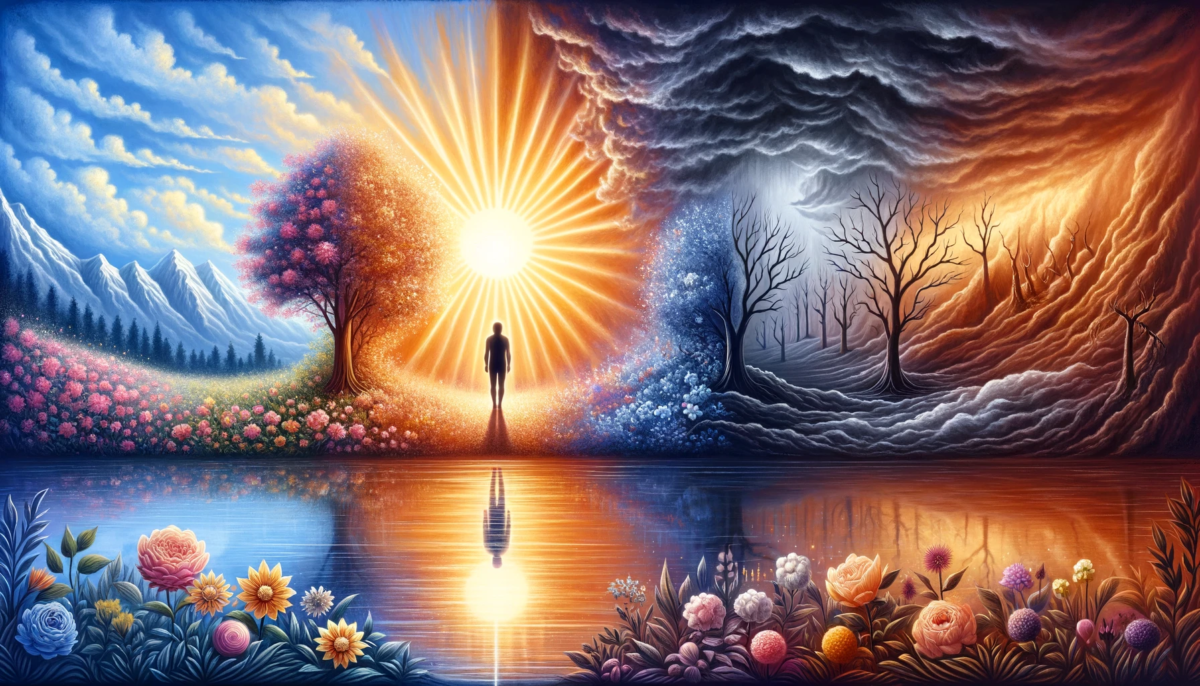
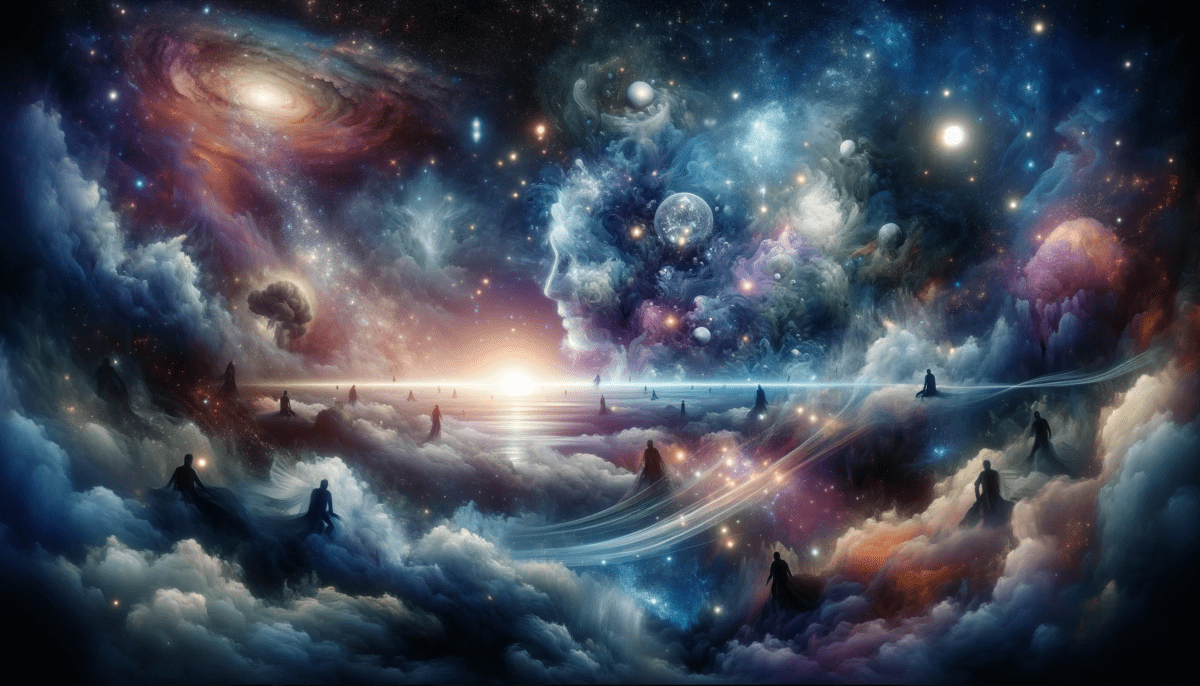
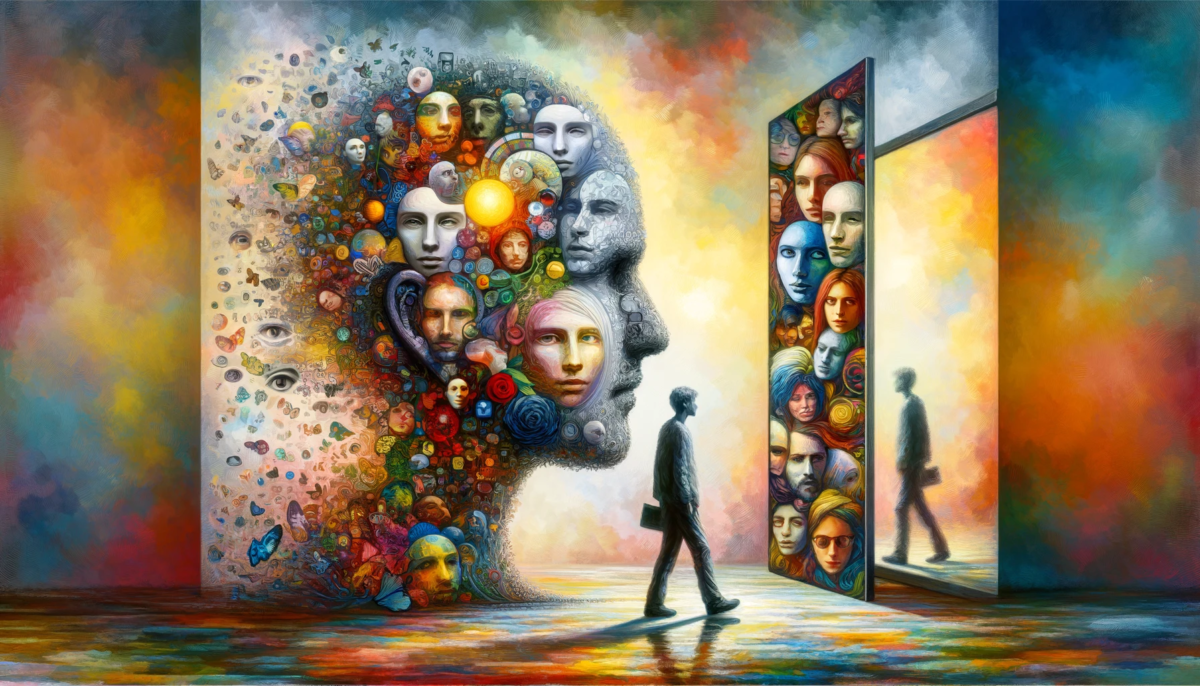

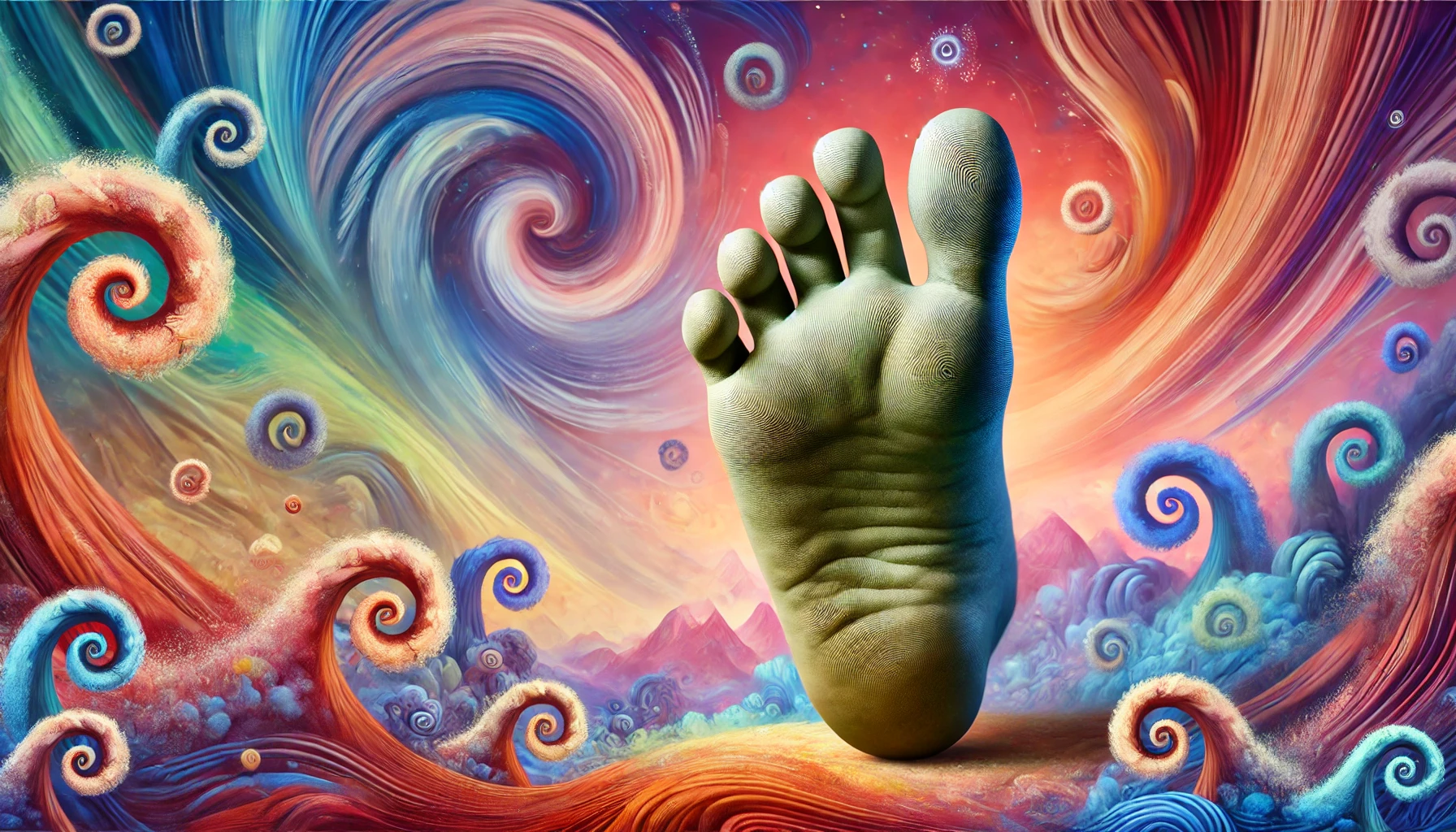
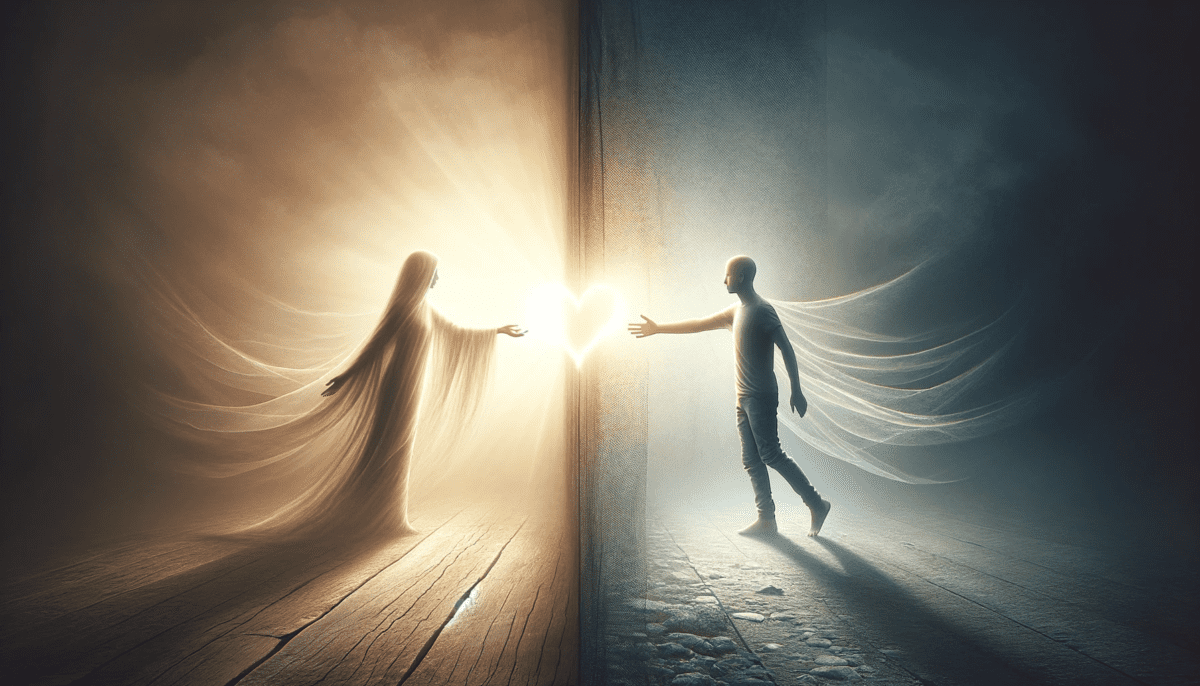
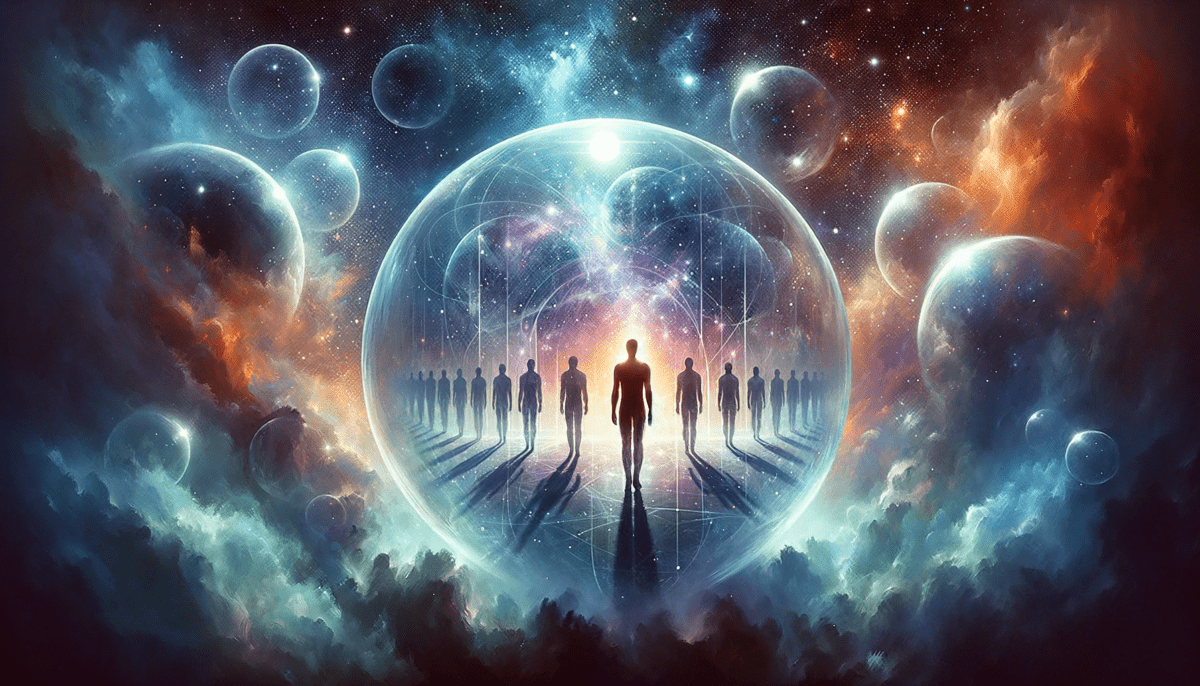
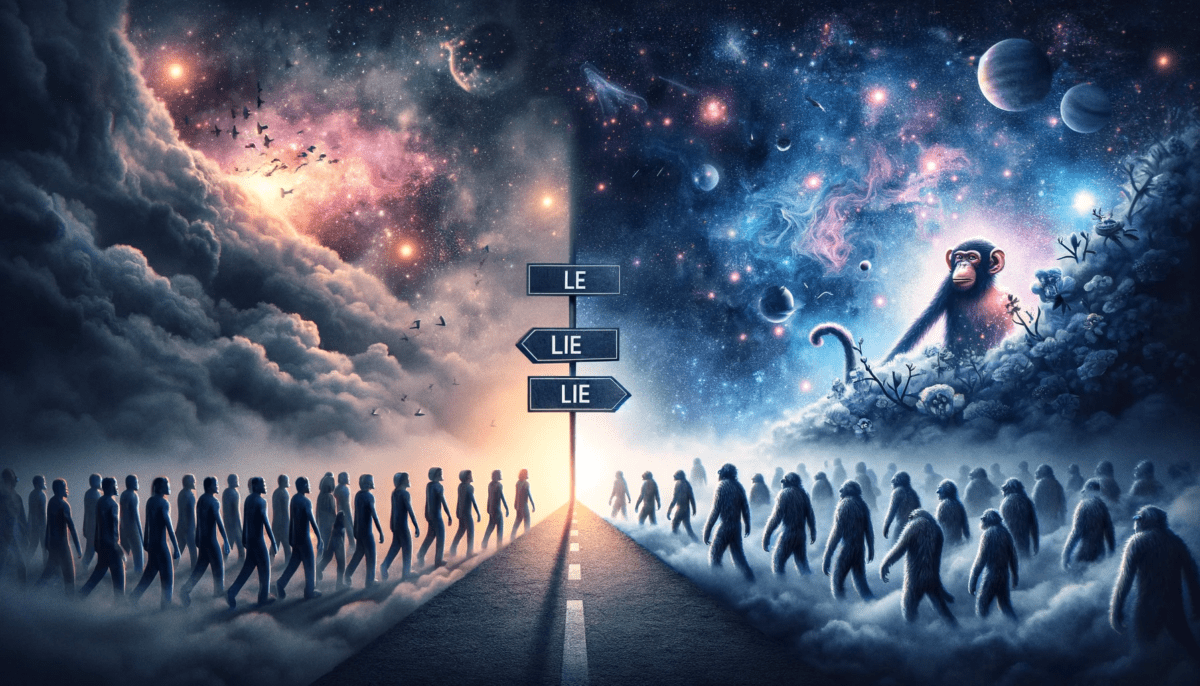


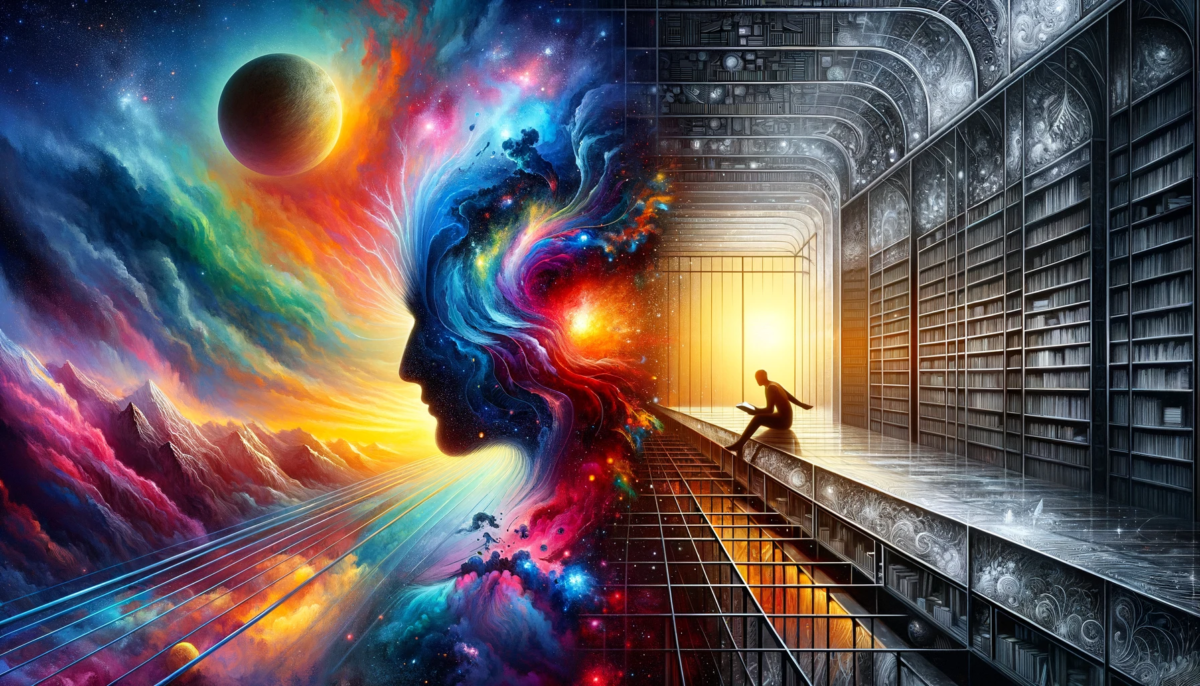
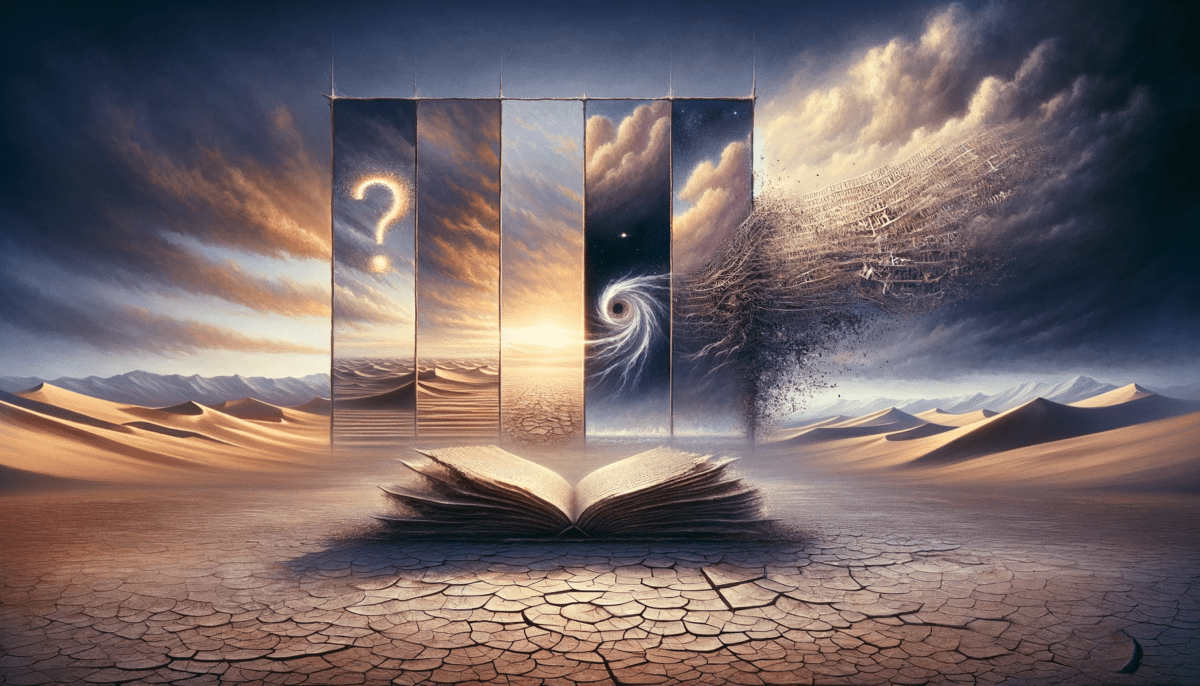
Leave a Reply